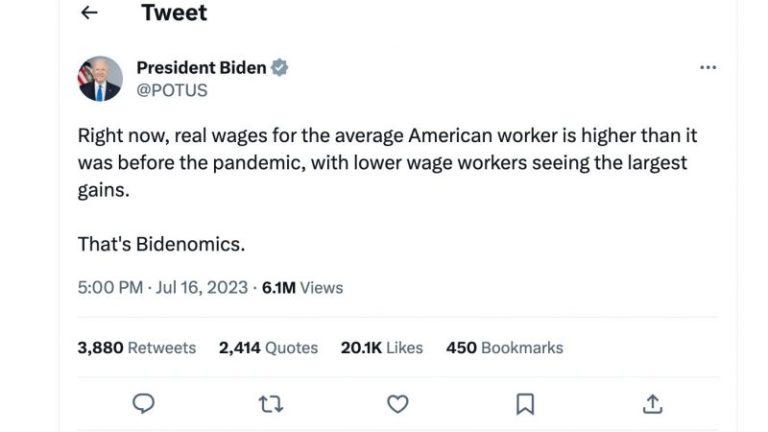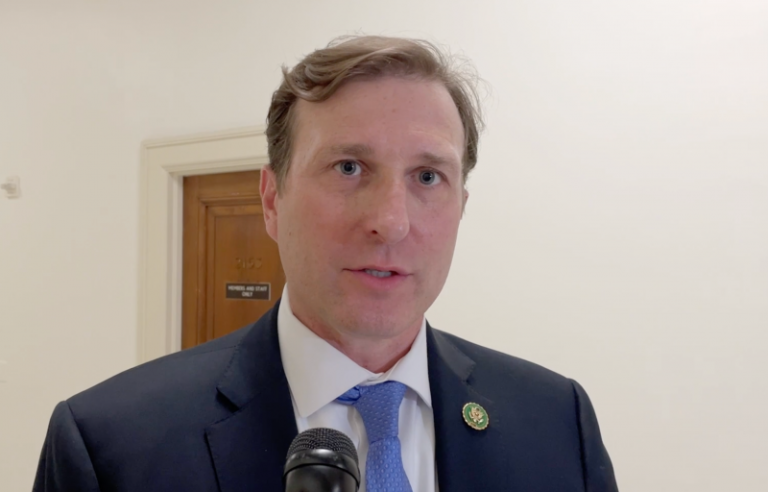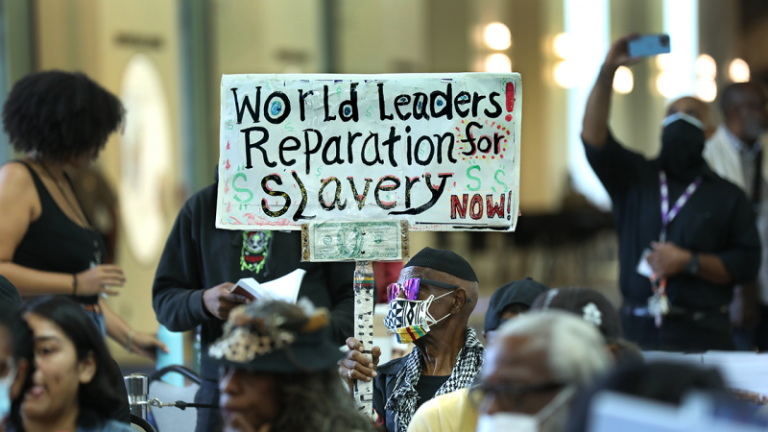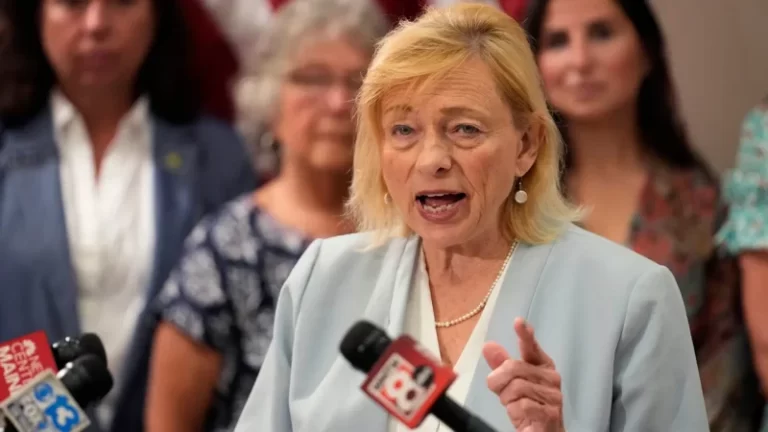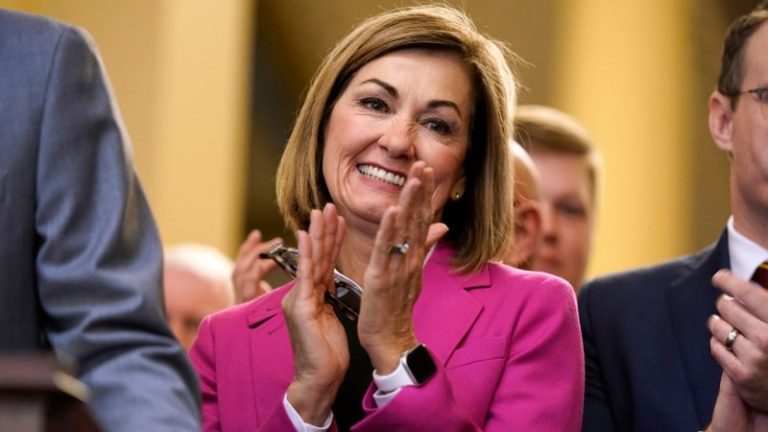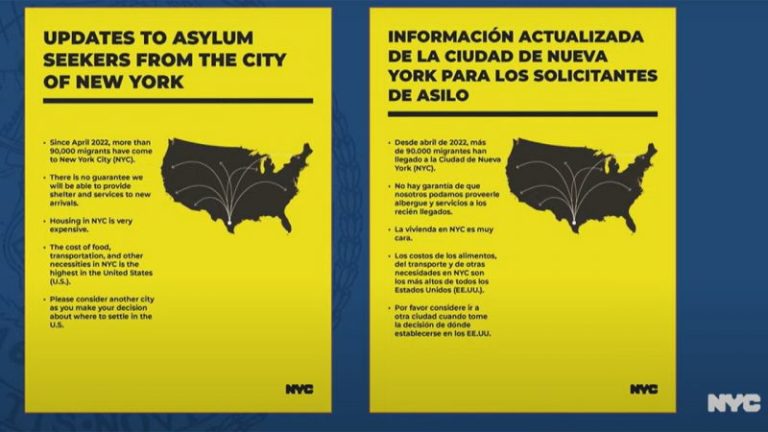President Biden is facing increased pressure to use his authority to either support legislation or unilaterally enact proposals that would advance efforts to give reparations to Black Americans as a way to make amends for slavery and racism.
The campaign for cities and states to pay reparations at a more local level is gaining major momentum as a growing number of communities across the country weigh payment proposals.
Meanwhile, lawmakers at the federal level have introduced their own measures. Most recently, Rep. Cori Bush, D-Mo., introduced a proposal in May to pay $14 trillion to compensate for what she believes are racist government policies that created a wealth gap between White and Black people. Less ambitiously, several Democrats in Congress have backed a bill establishing a commission to study and develop reparations proposals for lawmakers to consider implementing.
However, Biden has largely been silent about such initiatives, leading to frustration among pro-reparations activists and some Democrats in Congress — especially amid great energy at the state and local levels to advance such measures.
‘Activists have been pressing the Biden administration to use his executive authority to immediately establish a federal reparations commission given the deliberate stalling at the congressional level,’ Dreisen Heath, an expert and leading reparations activist, recently told Fox News Digital.
Racial justice groups and some Democrats have been pushing Biden for years to establish a national reparations commission by executive order — so far to no avail.
‘We ask with no apologies for an executive order to be in place,’ Rep. Sheila Jackson Lee, D-Texas, said in December. ‘I want for once an acceptance of the history, of the journey that African Americans have taken, to be an accepted reality in America.’
Months later, the National Council of Churches USA, Faith for Black Lives, and more than 200 faith leaders from across the country issued a letter to Biden calling on him to establish a reparations commission by executive order on or before the Juneteenth holiday on une 19, 2023.
Just days after the letter, civil rights leaders gathered outside a historic church in Selma, Alabama, to urge Biden to sign an executive order to study reparations for Black Americans.
Descendants of slaves have also slammed Biden for not acting on reparations.
The White House didn’t respond to a request for comment for this story to clarify Biden’s position on reparations. However, the White House has previously indicated Biden, who’s largely been quiet about the issue, supports studying potential reparations for Black Americans but has stopped short of saying he’d back a bill introduced in Congress that would create such a commission.
Last month, White House press secretary Karine Jean-Pierre repeatedly dodged a question concerning whether Biden would support financial reparations being paid to the descendants of Black slaves in the U.S.
In March, Jean-Pierre similarly failed to answer a question about whether Biden supports slavery reparations at a national level.
Pressure on Biden and the White House to act will likely mount as a growing number of localities add their names to the list of those actively pursuing reparations.
The latest example is Ann Arbor, home of the sprawling University of Michigan. Local outlet MLive.com obtained emails from city council members revealing they’ve been considering reparations for several months.
‘As I previously shared with you, one of my main priorities on council has been to start a task force to help the city identify how we can pay reparations to our Black community,’ one council member wrote in a Jan. 23 email to a University of Michigan social work professor.
In Georgia, the Fulton County Board of Commissioners voted last week in favor of $210,000 in funding toward a reparations study to discern if reparations are necessary for some Fulton County residents who are descended from slaves.
And in New York City, the Department of Health is reportedly pushing reparations as an answer to racial and wealth inequities among New Yorkers.
Beyond New York City, the state legislature in New York passed a bill last month that would create a commission to study the effects of slavery and racial discrimination in the Empire State and make recommendations for potential reparations, such as restitution payments from the government. The commission’s recommendations would be non-binding, meaning the legislature would decide whether to take them up for a vote.
Gov. Kathy Hochul is reportedly reviewing the bill but hasn’t commented publicly on the legislation, which needs her signature to become law. If Hochul signs the bill, New York would be the second state to establish a reparations commission, following California’s lead.
Late last month, California’s reparations ask force, which has been examining the possibility of implementing statewide reparations, released its final recommendations for the state legislature to consider and potentially send to the governor’s desk to be signed into law.
In its approximately 1,000-page report, the task force proposed dozens of statewide policies and ways to calculate monetary reparations designed to redress slavery and historical injustices against Black Americans. According to the task force, such history has created lingering consequences that exist today in the form of systemic racism.
Critics counter that reparations proposals are fiscally unmanageable and don’t make sense by having people who never owned slaves pay money to others who never were slaves as way to atone for slavery.
Still, the task force estimated the minimum dollar amount in harm that California has caused or could have prevented totals at least $1 million per eligible Black Californian.
Beyond cash payments, the task force recommended a variety of other reparations proposals, such as ending the prosecution of low-level crimes and mandating ‘anti-bias training’ as a graduate requirement for medical school, among other measures.
While New York and California are the only states actively pursuing a comprehensive statewide reparations plan, several areas across the country may follow suit at the local level — and at least one city has already begun implementing reparations.
The Chicago suburb of Evanston in 2019 committed to spend $10 million over 10 years on local reparations. Two years later, it became the first U.S. city of any size to fund reparations, specifically $25,000 for qualifying Black residents for home repairs, property down payments and interest or late penalties due on city property.
Now, Evanston has become the first city to actually start paying reparations. City staff have met with 48 recipients who are each eligible for the $25,000, and 16 of them received payments this week, according to the Evanston RoundTable. The city expects to dole out the reparations to 140 mostly elderly residents by the end of this year out of about 75,000 total, officials told the Wall Street Journal.
Evanston is the first city of any kind to deliver on reparations, but San Francisco could be the first major U.S. city to fund such a policy as its own local commission explores potentially doling out millions of dollars each to qualifying Black residents.
Beyond San Francisco, some California cities — such as Oakland, Los Angeles and Sacramento — have been pushing their own reparations initiatives even as the state advances its own payment plan.
In Maryland, meanwhile, legislation to create a state reparations commission has died twice in the General Assembly in the past two years. However, Greenbelt in 2021 became the first city in Maryland to vote for setting up a commission that will study paying reparations. Baltimore did the same in May.
Last week, the Caucus of African American Leaders voted unanimously to present a reparations resolution to Maryland officials, seeking programs to address the effects of slavery among Black residents. The resolution will reportedly be presented soon to Annapolis Mayor Gavin Buckley, and then to Gov. Wes Moore and Anne Arundel County Executive Steuart Pittman in August.
Elsewhere on the East Coast, Asheville, North Carolina, and Providence, Rhode Island, have each committed millions of dollars to their own local reparations programs.
Regarding Asheville specifically, commissioners in Buncombe County, where Asheville is located, are now preparing to conduct a ‘harm audit’ for county policies and procedures as a recommendation from the Community Reparations Commission, according to local TV station WLOS. The goal of the audit is to examine policies and practices that harm the Black community, with the county and the city of Asheville splitting the cost of the contract.
As for reparations at the federal level, they appear stalled amid widespread Republican opposition, only partial support among Democrat lawmakers, and an unclear level of support from the president.
Aaron Kliegman is a politics reporter for Fox News Digital.
This post appeared first on FOX NEWS

